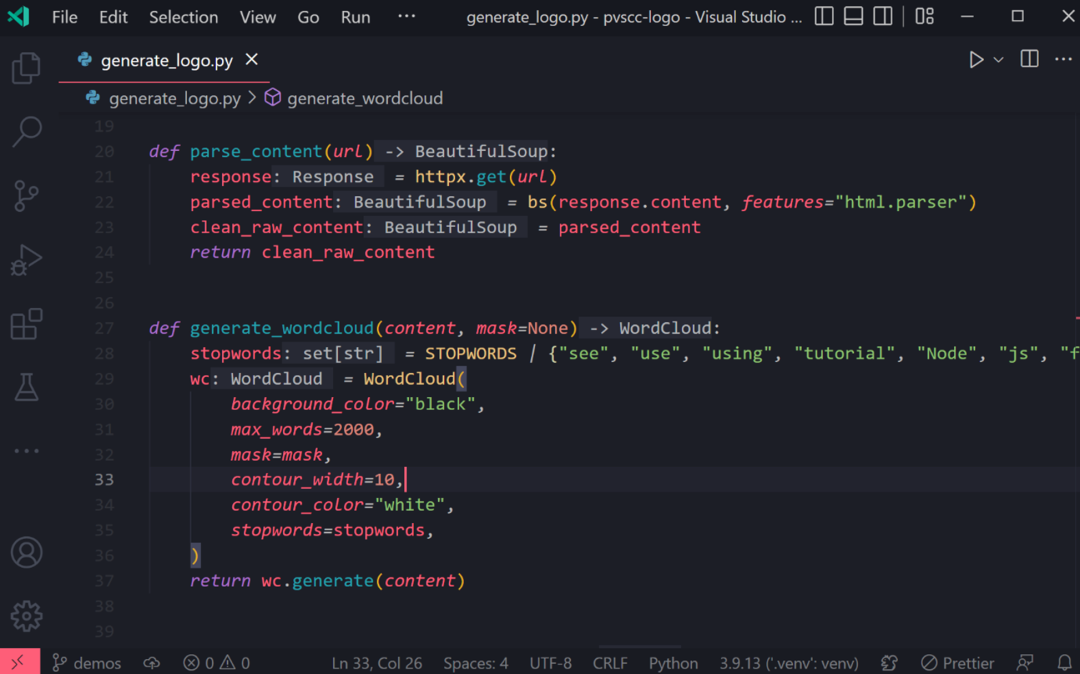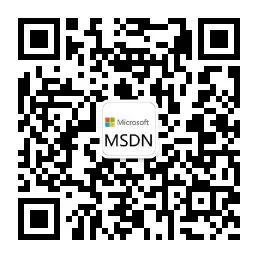We are happy to announce that the Python and Jupyter extensions for Visual Studio Code released in July 2022 are now available.
This release includes Pylance's embedded type hints and improvements to the Jupyter notebook setup experience. If you're interested, you can check out our blog for full updates on the Python , Jupyter , and Pylance extensions.
Embedded type hints
Embed hints add inline information to your code in the editor to help you understand the meaning of a variable or function at a glance.
In this release, we've added two types of embedding hints when using Pylance : variable types and return types.
The return type embedding hint shows the return type of functions that are not explicitly annotated. To enable it, you can add the following settings in settings.json (Preferences: Open Settings (JSON)):
"python.analysis.inlayHints.functionReturnTypes": true
Likewise, variable type embedding hints show variable types without explicit type annotations. You can enable it by setting: "python.analysis.inlayHints.variableTypes": true.
Subject: Horizon Extended
It's worth noting that these prompts don't change the code, they just display information in the coding interface. In the meantime, we're working on adding the ability to add suggested comments to code , so stay tuned!
Improve the setup experience for Jupyter Notebooks
We've improved the extension recommendation process in Jupyter to help improve the onboarding experience when no Python or Jupyter extensions are installed. After opening the Jupyter Notebook in VS Code, when you try to run the unit or select the kernel, you will see the "install suggested extensions" option:
This change greatly simplifies running your first notebook cell in VS Code.
Other changes and enhancements
We've also added some small enhancements and user-requested fixes that should improve your experience with Python and Jupyter Notebooks in Visual Studio Code. Some notable changes include:
We added a warning to conda env when it lacks an interpreter with a valid python binary, ( vscode-python#18934 ).
The --user flag is no longer used when installing tools in a virtual environment ( vscode-python#14327 ).
We fixed some IPyWidget issues related to loading of resources (images, scripts, etc.) in Jupyter extensions, and improved support for widgets like VegaFusion , ipyleaflet , Chemiscope , mobilechelonian , and ipyturtle ( vscode-jupyter#10459 ).
·
We have added new functionality to the web version of the Jupyter extension :
export interactive windows ( vscode-jupyter#10291 )
· Debug interactive window
Collapsible cells in interactive windows ( vscode-jupyter#10524 )
Our special thanks to this month's contributors:
·
Lakshmikanth2001 : Add breakpoint support for django-html and django-txt ( vscode-python#19288 ).
·
ksy7588 : Fix unit test discovery issue with experimental components ( vscode-python#19324 ).
·
usta : Fix variable names described by flake8Path ( vscode-python#19313 ).
·
ChaseKnowlden : Fix inconsistent links in README ( vscode-jupyter#10396 ).
·
kilacoda : Remove extra button from restarting kernel mode ( vscode-jupyter#10539 ).
·
afeld : Add more context around extension in README ( vscode-black-formatter#82 ).
Try these new improvements by downloading the Python extension and Jupyter extension from the Marketplace, or install them directly from the Extensions view in Visual Studio Code (Ctrl + Shift + X or ⌘ + ⇧ + X). You can learn more about Visual Studio Code Python support in the documentation. If you run into any issues or have suggestions, please file an issue on the GitHub page.
Long press to identify the QR code and follow Microsoft Developer MSDN



**粗体** _斜体_ [链接](http://example.com) `代码` - 列表 > 引用。你还可以使用@来通知其他用户。